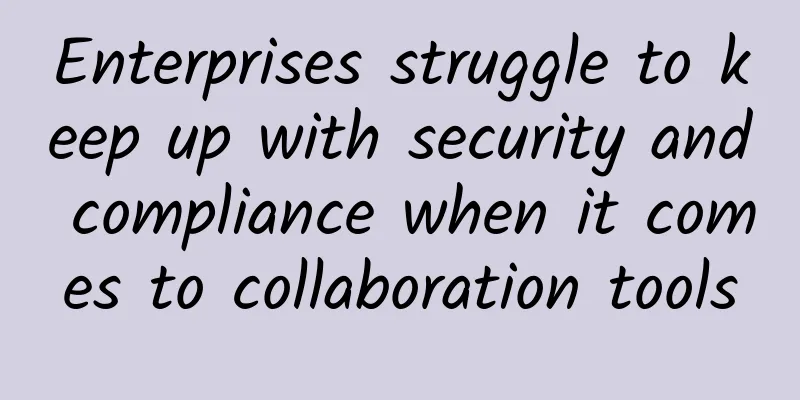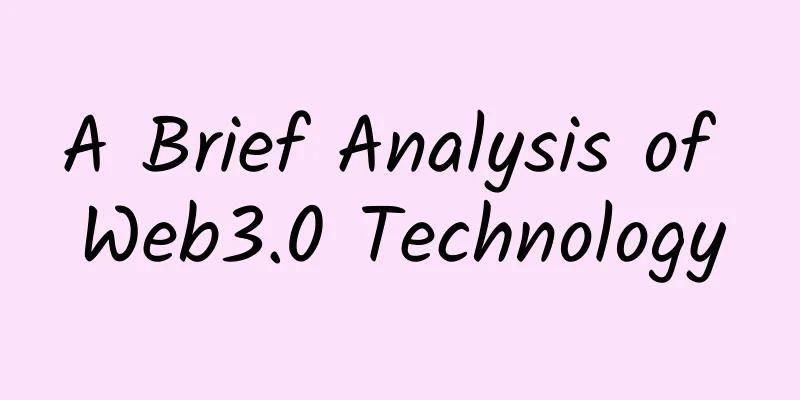Enterprises struggle to keep up with security and compliance when it comes to collaboration tools

|
Theta Lake, an AI solutions provider, surveyed 100 executives in the financial services sector and found that 83% of respondents are turning off key productivity and usability features of collaboration platforms such as Zoom, Microsoft Teams and Webex because their organizations are technically unable to comply with regulatory compliance and security requirements. Analysis shows that the exponential adoption of collaboration tools since the beginning of 2020, coupled with reliance on legacy archiving and custody technologies built for email, has posed challenges for financial services firms. While 91% of financial services professionals report using two to six collaboration tools, 63% are concerned about the ability to share data and communications in a way that circumvents email-based monitoring and archiving. This is directly related to the 83% of respondents who report disabling features such as whiteboards, screen sharing, and meeting chat, rather than strategically implementing dedicated technology to ensure compliance and enable collaboration and productivity. Susannah Hammond, Senior Regulatory Intelligence Specialist at Thomson Reuters, commented: “The COVID-19 pandemic has been said to have ‘turbocharged’ digitalisation, which has brought both benefits and challenges. New, hybrid, ways of working bring new risks, and regulators are geo-neutral, so it does not matter to them whether employees are working remotely from the office or at home. Supervision has intensified during the pandemic, and regulators expect risk and control infrastructure to keep pace with changing and flexible working practices.” Collaboration tools require proper compliance oversight
The rapid adoption and increasing use of collaboration tools presents risks to the enterprise and a corresponding need for appropriate compliance oversight. In 2020, IT teams mobilized to implement collaboration platforms to provide flexibility, efficiency, and business continuity, but compliance and oversight considerations often took a back seat. Recent guidance from FINRA and the U.S. Securities and Exchange Commission (SEC), the UK Financial Conduct Authority (FCA), and the European Securities and Markets Authority (ESMA) indicates that demonstrable electronic communications capture, retention, and supervisory controls are essential for the compliant use of collaboration and chat tools. To meet these regulatory requirements, address compliance issues, and maximize the full return on investment of key Webex features such as Cisco, Microsoft Teams, RingCentral Office, Zoom, etc., enterprises must use purpose-built security and compliance technology solutions. “Enterprise reliance on collaboration tools is at an all-time high and is clearly set to continue,” said Stacey English, director of market intelligence at Theta Lake. “Adhering to the compliance and security requirements of these new types of communications, especially for financial services and other regulated industries, has proven to be a key issue and challenge. This report sheds light on this challenge and key areas of risk management, and provides a roadmap for enterprises to continue to expand their use of collaboration tools while meeting compliance needs.” |
<<: Alibaba Cloud domain name binding IP and second-level domain name use step-by-step tutorial
>>: China Mobile: More than 560,000 5G base stations have been built
Recommend
Understanding WiFi 6 Features for Wave 1 and Wave 2
The rollout of Wi-Fi 6 will consist of two waves ...
5G, edge computing and IoT are expected to reshape networks
5G provides wireless cellular connectivity with h...
5G speed may be slower than 4G?
In 2020, as the first year of 5G, 5G network cons...
5G users will exceed 190 million this year and reach 2.8 billion by the end of 2025
According to a report from Ericsson, by the end o...
Cloud services are becoming the dominant force in enterprise network traffic
Cloud services are accounting for an increasing p...
China will add more than 600,000 5G base stations by 2023
China is making significant progress in expanding...
When Wi-Fi becomes a “basic need”, what should five-star hotels do?
Will the "joker" break your cognitive b...
5G will become the golden key to open the era of the Internet of Things
The Internet of Things is not new. At the beginni...
Analysis of Difficulties in Operator SD-WAN Deployment
1. Introduction Software-defined wide area networ...
HostKvm New Year Offer: Hong Kong Cloud 4G Memory Package Annual Payment Discount Only $60/Year
HostKvm is a foreign VPS service provider founded...
If operators want to make profits, they should eliminate 4G packages first.
[[346837]] After 2019, the first year of 5G, and ...
HostingViet: Vietnam VPS monthly payment 30% off, 28 yuan/month-1GB/20G SSD/unlimited traffic
HostingViet has updated the validity period of th...
What should you do if you forget the wireless router backend login address?
If you want to modify the configuration of the wi...
PacificRack: $12/year KVM-1GB/20GB/2TB/Los Angeles Data Center
PacificRack is a domain name under QN Data Center...
DogYun's fourth anniversary: 30% off on Elastic Cloud/20% off on Classic Cloud, 40% off on new Chongqing Cloud, 10 yuan free for every 100 yuan deposit, 100 yuan off for dedicated servers
Yesterday morning we shared information about Dog...









